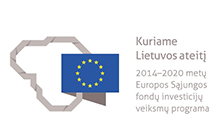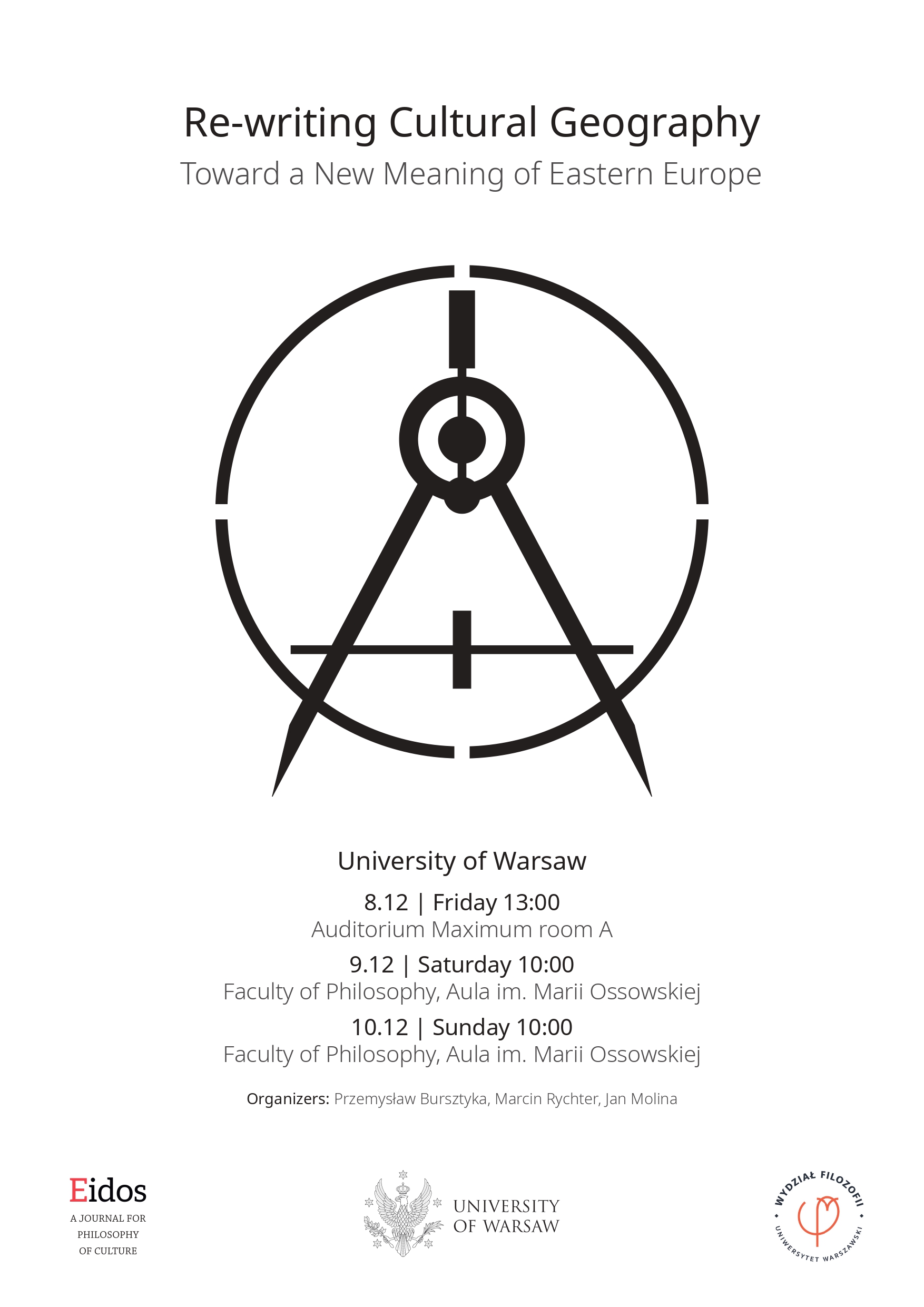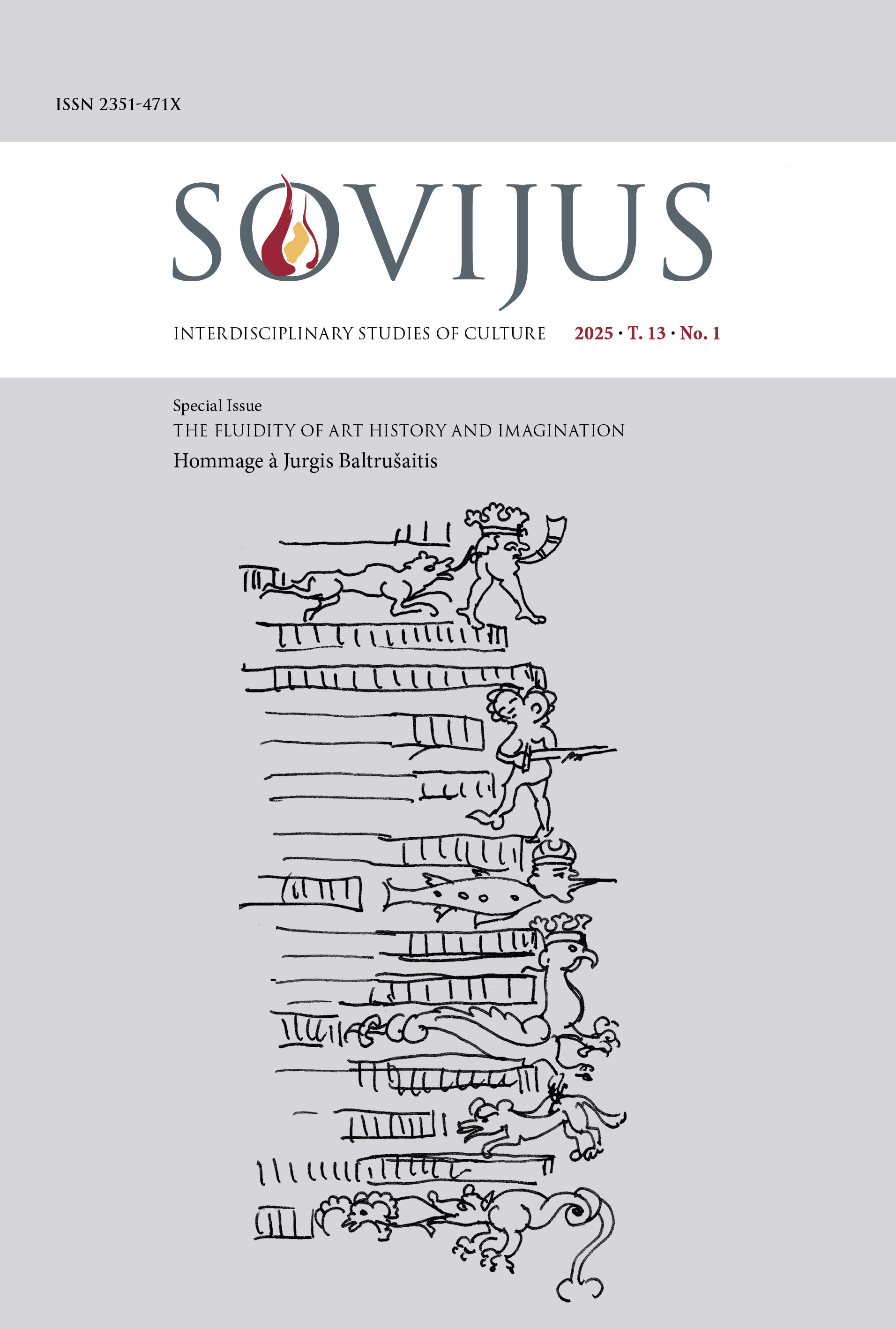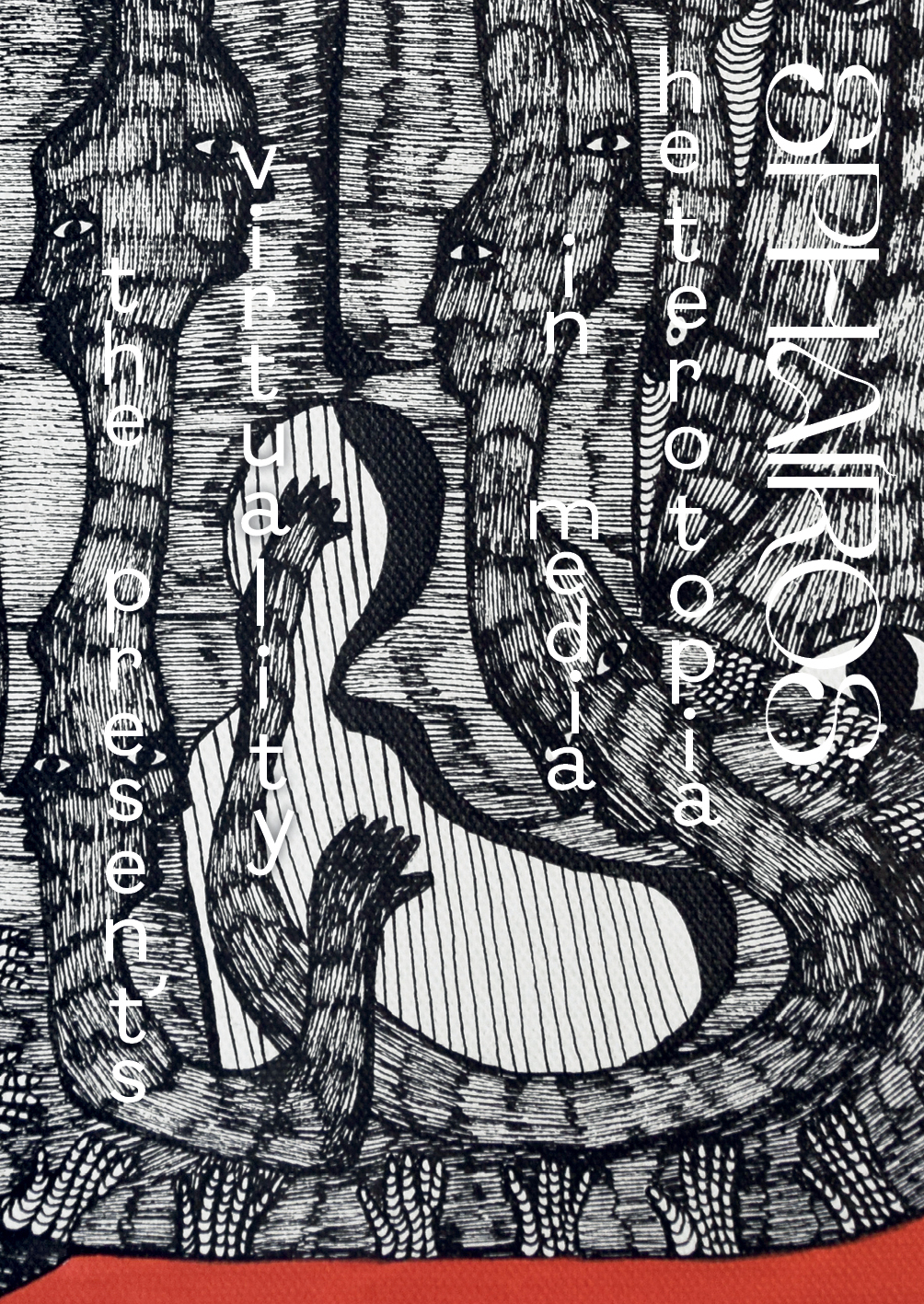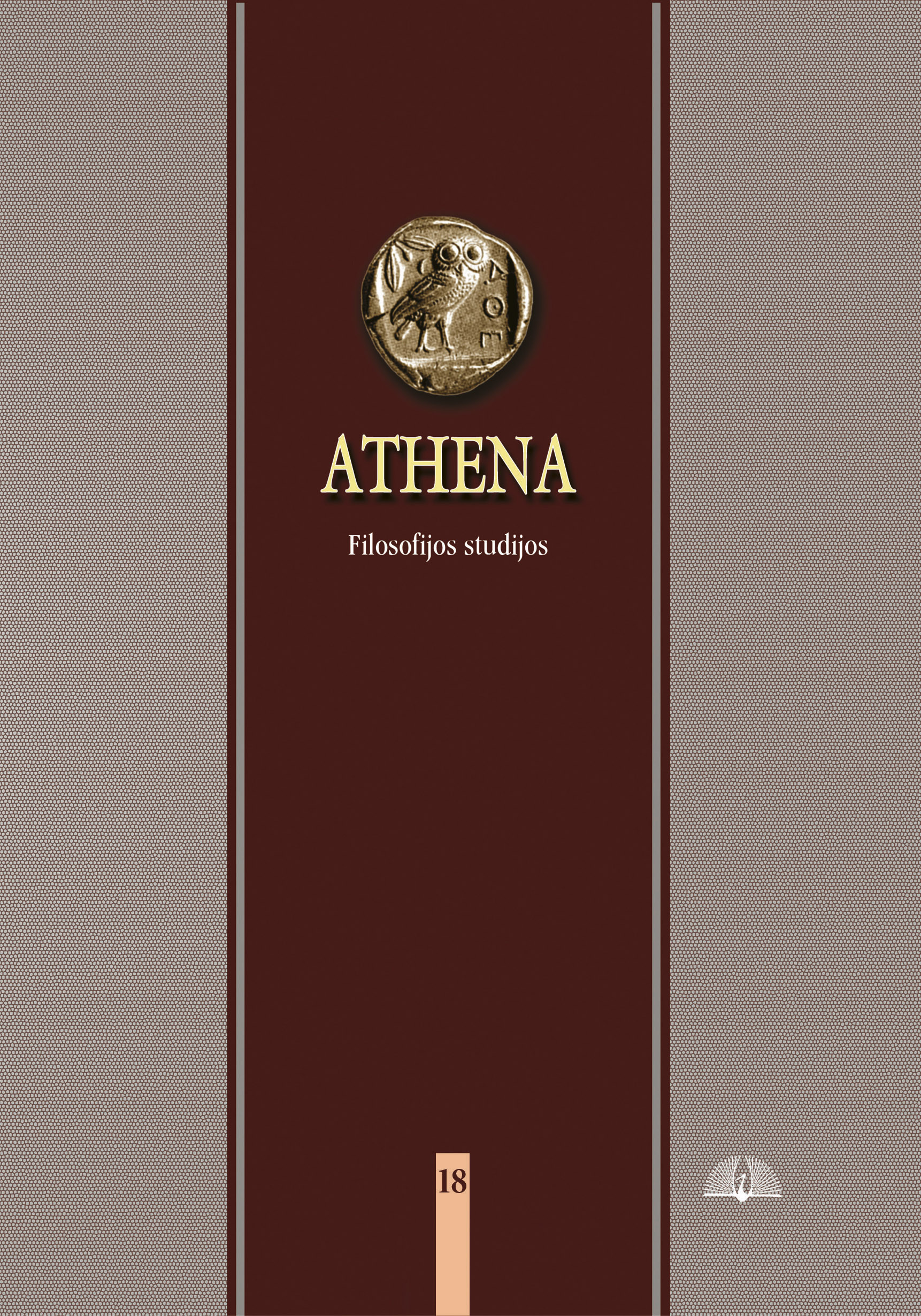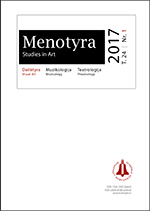- Home
- Structure and Contacts
- Contacts
- Tatjana ALEKNIENĖ
Tatjana ALEKNIENĖ
Habilitated Doctor of Humanities, professor, chief researcher
ORCID: https://orcid.org/0000-0003-4444-2292
e-mail: tatjana.alekniene@gmail.com
Born in 1965, Sarov (Russia, Nizhny Novgorod region). Graduated from Moscow Lomonosov University with a Bachelor degree in Classical Philology in 1988, lectured Latin and Greek at Kharkiv University (1988-1989, Ukraine), worked as a journalist for the newspaper Soglasije (1989-1991, Vilnius), pursued doctoral studies at the École Pratique des Hautes Études in Paris and at Vilnius University (1991-1992, 1994-1996), obtained PhD degree at Vilnius University in 1997 (the PhD thesis: "The Concept of the Parts of the Human Soul in Ancient Greek Literature (Pre-Christian Ages)"), held internship at the École Pratique des Hautes Études in Paris (2008, 2010), the University of Fribourg (Switzerland, 2014, 2015, 2016); participated in international seminars of the reading of Plotinus's treatises (2002, 2005, 2008, 2010, 2012, 2016); lecturing at Vilnius University, Lithuanian University of Educational Sciences and Vytautas Magnus University on Ancient History, Literature, Philosophy, Greek and Latin. She has given lectures at the École Pratique des Hautes Études in Paris, Universities of Strasbourg and Fribourg.
She joined the Departement for the Research of Ancient and Medieval Culture in 2020.
Research areas
Greek philosophy, Greek philosophical ethics, Plato's dialogues and the Platonic tradition, Philo of Alexandria, Plotinus, Late Antiquity.
Membership of scientific publications
Chief editor of the series of classical philosophical texts Philosophica
Editor of the series Christiana tempora
Academic national and international activity
Visiting fellow at the Centre for Aristotelian Studies and Critical Theory, Mykolas Romeris University
Member of the PhD program at “History of Art” at Vytautas Magnus University, Kaunas
Consultant at the Lithuanian Bible Society
Organization of various international conferences in Vilnius
Organization of the annual conference "Ancient and Medieval Studies" in Vilnius
Supervision of dissertations
Supervised three PhDs, supervising two PhD students
Awards
The Most Productive Researcher at Lithuanian University of Educational Sciences (2016)
Main Publications
Monographes
1. Aleknienė, T., A l’approche du divin. Dialogues de Platon et la tradition platonicienne, [Approaching the divine. Plato’s Dialogues and the Platonic tradition], Collection Vestigia 42, Fribourg: Academic Press, Paris: Cerf, 2016, 344 p.[recension Françoise Vinel, Revue des Sciences Religieuses 92 / 1, janvier-mars 2018, p. 129-131; Anne-Lise Darras-Worms, Revue de Philologie, de Littérature et d’Histoire anciennes 2019].
2. Aleknienė, T., Sielos dermės. Filosofinės graikų etikos apybraiža [The harmonies of the soul. A survey of Greek philosophical ethics], Vilnius, Aidai, 1999, 280 p.
Selected articles
1. Aleknienė, T., La prémisse mobiliste de la perception sensible dans le Théétète de Platon: cartographie des mouvements [The mobilist premise of sensible perception in Plato’s Theaetetus: mapping movements], Revue de philosophie ancienne (Éditions Ousia), 2022 / 2, p. 245–272.
2. Aleknienė. T., Diplomatijos ir filosofijos sankirtos Antikoje: Atėnai, Roma [Intersections between Diplomacy and Philosophy: Athens, Rome], Problemos 2020 / 97, p. 176–185.
3. Aleknienė, T., Le Phédon de Platon et la notion de mort de l’âme dans l’œuvre de Philon d’Alexandrie [Plato’s “Phaedo” and the concept of the death of the soul in Philo of Alexandria], Freiburger Zeitschrift für Theologie und Philosophie 65/1, 2018, p. 25–43.
4. Aleknienė, T., „Le skopos du Philèbe [The skopos of Philebus], Études Platoniciennes 2017, https://etudesplatoniciennes.revues.org/1177
5. Aleknienė, T., „Pabėgimas į tėvynę“: egzegetinės strategijos istorija [“Flight to the fatherland”: history of an exegetical strategy], Soter, 2016, 57 (85), p. 9–32.
6. Aleknienė, T., Le parent comique du monastère. À propos du De vita contemplativa de Philon d’Alexandrie [The comical parent of the “monastery”. On the De vita contemplativa of Philo of Alexandria], in: Gnose et manichéisme. Entre les oasis d’Égypte et la Route de la Soie Hommage à Jean-Daniel Dubois. A. Van den Kerchove, L. G. Soares Santoprete (eds.), Turnhout, Brepols, 2016, p. 647–668.
7. Aleknienė, T. Plotin contre les gnostiques (tr. 33, En. II 9): défense de l’ancienne philosophie grecque [Plotinus against the Gnostics (tr. 33, En. II 9): defence of ancient Greek philosophy], in: Écrire contre : Quête d’identité, quête de pouvoir dans la littérature des premiers siècles chrétiens, ed. Françoise Vinel, Presses universitaires de Strasbourg, coll. „CERIT/Centre d'études et de recherches interdisciplinaires en théologie“, 2013, p. 71–93.
8. Aleknienė, T. La prière à l’Un dans le Traité 10 (V 1) de Plotin et la tradition philosophique grecque [Prayer to the One in Plotinus’ Treatise 10 (V 1) and the Greek philosophical tradition], in: Plato Revived, Essays on Ancient Platonism in Honour of Dominic J. O'Meara, ed. Filip Karfik, Euree Song, W. de Gruyter, 2013, p. 326–342.
9. Aleknienė, T. Les dérivés préfixaux du verbe haploo dans les écrits de la tradition platonicienne après Plotin [The prefixal derivatives of the verb haploo in the writings of the Platonic tradition after Plotinus], Philologus 157/1, 2013, p. 70–86.
10. Aleknienė, T. L’„extase mystique“ dans la tradition platonicienne: Philon d’Alexandrie et Plotin, [“Mystical ecstasy” in the Platonic tradition: Philo of Alexandria and Plotinus], The Studia Philonica Annual, 2010, XXII, p. 53–82.
11. Aleknienė, T. Mystérieuse haplôsis dans l’En. VI, 9 [9] de Plotin, [Mysterious haplôsis in Plotinus’ En. VI, 9 [9] of Plotinus], Philologus 154/1, 2010, 57–77. ISSN 0031-7985.
12. Aleknienė, T. Plotin, Tr. 36 (I, 5), 7, 12: Peut-on garder la leçon des manuscrits συμβεβηκέναι ? [Plotinus, Tr. 36 (I, 5), 7, 12: Can one keep the reading of the manuscripts συμβεβηκέναι?], Hermes 138/4, 2010, 494–501.
14. Aleknienė, T. L’énigme de la „patrie“ dans le Traité 1 de Plotin: héritage de l’exégèse philonienne? [The enigma of the “fatherland” in Plotinus’ Treatise 1: a legacy of Philonic exegesis?], Recherches augustiniennes et patristiques, 2007, 35, p. 1–46.
15. Aleknienė, T. Le Phédon de Platon: le pathos de l’immortalité [Plato’s Phaedo: the pathos of immortality], Freiburger Zeitschrift für Theologie und Philosophie 54/1–2, 2007, p. 106–113.
16. Aleknienė, T. Les „dieux et démons“ dans le Traité 1 de Plotin [The “gods and demons” in Treatise 1 of Plotinus], Hermes: Zeitschrift für Klassische Philologie 135/4, 2007, p. 482–498.
17. Aleknienė, T. Le poème de Mélinno dans l’Anthologie de Jean Stobée: une erreur d’interprétation? [Mélinno’s poem in Jean Stobée’s Anthology: an error of interpretation?], Philologus, 150/2, 2006, p. 198–202.
18. Aleknienė, T. „Une glose dans le Traité 51 [I, 8], 14, 12-13 de Plotin?“ [A gloss in Plotinus’ Treatise 51 [I, 8], 14, 12-13?], Philologus, 150/1, 2006, p. 177-178.
19. Aleknienė, T. Filosofiniai Senekos raštai: humanizmo pamokos? [Seneca’s philosophical writings: lessons of humanism?], Literatūra 47/3, 2005, p. 69-80.
20. Aleknienė, T. La piété véritable: de l’Euthyphron de Platon à la piété gnostique dans le livre 7 des Stromates de Clément d’Alexandrie [The True Piety: From Plato’s Euthyphro to the Gnostic Piety in Book 7 of Clement of Alexandria’s Stromata], Vigiliae Christianae, 2006, 60/4, p. 447–460.
23. Aleknienė, T. „Istorijos teatras: Filosofijos ir Istorijos pokalbis Teofilakto Simokato Istorijos įžangoje“ [“The Theatre of History”: the Conversation of Philosophy and History in the preface to the History of Theophylact Simocatta], Literatūra, 46/3, 2004, p. 23–40.
24. Aleknienė, T. Sokrato biografija ir filosofijos istorija: Faidonas 96a – 101e [Biography of Socrates and History of Philosophy: Phaedo 96a - 101e], Literatūra, 42/3, 2000, p. 42–50.
25. Aleknienė, T. Kosmios kai theios. La justice divine de l’âme selon Platon [Kosmios kai theios. The divine justice of the soul in Plato’s dialogues], Freiburger Zeitschrift für Philosophie und Theologie, 46/3, 1999, p. 369–387.
26. Aleknienė, T. “Mirties praktika”: Senekos Laiškai Lucilijui ir graikų filosofija [“The Practicing of Death”: Seneca’s Letters to Lucilius and Greek Philosophy], Literatūra, 40/3, 1998, p. 61–86.
Translation and commentary of ancient philosophical texts
1. Platonas, Teaitetas. Iš graikų kalbos vertė, įvadą ir paaiškinimus parašė Tatjana Aleknienė [Plato, Theaetetus. Translated from the Greek, with an introduction and commentaries by Tatjana Aleknienė], Philosophica iv, Vilnius, Žara, 2020.
2. Platonas, Gorgijas. Iš graikų kalbos vertė, įvadą ir paaiškinimus parašė Tatjana Aleknienė [Plato, Gorgias. Translated from the Greek, with an introduction and commentaries by Tatjana Aleknienė], Philosophica ii, Vilnius, Žara, 2019.
3. Platonas, Filebas. Iš graikų kalbos vertė, įvadą ir paaiškinimus parašė Tatjana Aleknienė [Plato, Philebus. Translated from the Greek, with an introduction and commentaries by Tatjana Aleknienė], Philosophica i, Vilnius, Lietuvos edukologijos universiteto leidykla, 2016.
4. Plotinas, Apie Gėrį arba Vienį. Apie tai, kas yra bloga ir iš kur kyla. Iš graikų kalbos vertė ir paaiškinimus parašė Tatjana Aleknienė [Plotinus, On the Good or the One. On what is evil and where it comes from. Translated from the Greek and with explanations by Tatiana Alekniene], Vilnius: Aidai, 2011.
5. Platonas, Faidonas, arba Apie sielą (vertė, įvadą ir paaiškinimus parašė Tatjana Aleknienė) [Plato, Phaedo. Translated from the Greek, with an introduction and commentaries by Tatjana Aleknienė]. Vilnius, Aidai, 1999.
Other translations
1. Nikeforas Gregoras, Romėnų istorija xxxvii, 18, “Algirdo teologinis laiškas Konstantinopolio patriarchui”, iš senosios graikų kalbos vertė T. Aleknienė, in: Algirdas M. Budreckis, Algirdas senosios Lietuvos valstybininkas: jo veikla ir laikai, Mokslo ir enciklopedijų leidybos centras, Vilnius, 2021, p. 324–326.
2. Dominic O’Meara, Plotinas, Įvadas į Eneadas. Iš prancūzų kalbos (Plotin. Une introduction aux Ennéades, Academic Press Fribourg / Editions Saint-Paul Fribourg Suisse, 20042) vertė T. Aleknienė / Porfirijas. Plotino gyvenimas, iš senosios graikų kalbos vertė Rasa Marija Šileikienė, Vilnius, Žara, 2020.
3. Tukididas, Peloponesiečių ir atėniečių karas III [V, 84–116]: Melo kampanija ir atėniečių pokalbis su meliečiais [iš senosios graikų kalbos vertė, įvadą ir paaiškinimus parašė T. Aleknienė], Naujasis Židinys–Aidai 3, 2018, p. 38–43.
4. Tukididas, Peloponesiečių ir atėniečių karas II: Periklio kalba, pasakyta, laidojant pirmąsias karo aukas. [iš senosios graikų kalbos vertė, įvadą ir paaiškinimus parašė T. Aleknienė], Naujasis Židinys–Aidai 1, 2018, p. 45–49.
5. Tukididas, Peloponesiečių ir atėniečių karas I: Archajologija. [iš senosios graikų kalbos vertė, įvadą ir paaiškinimus parašė T. Aleknienė], Naujasis Židinys–Aidai 7, 2017, p. 46–52.
6. Klemensas Aleksandrietis, Tikrosios filosofijos pažinimo užrašų Stromatai, I, II, V, VII knygų ištraukos, iš graikų kalbos vertė T. Aleknienė. // Bažnyčios Tėvai. Nuo Apaštališkųjų Tėvų iki Nikėjos Susirinkimo. Antologija. Sudarė Darius Alekna ir Vytautas Ališauskas, Vilnius: Aidai, 2003, 299–376.
7. Origenas, Apie pradus. III knygos (Apie sprendimo laisvę) ištraukas iš graikų kalbos vertė T. Aleknienė. // Bažnyčios Tėvai. Nuo Apaštališkųjų Tėvų iki Nikėjos Susirinkimo. Antologija. Sudarė Darius Alekna ir Vytautas Ališauskas, Vilnius: Aidai, 2003, 451-474.
8. Origenas, Apie pradus. IV knygos ištraukas iš graikų k. vertė T. Aleknienė. // Rita Šerpytytė, Religija ir filosofija. Vadovėlis XI klasei. Tyto alba, Vilnius 2003.
9. Plotinas, Eneados IV, 8 [6]: Apie sielos nusileidimą į kūną. Iš graikų k. vertė T. Aleknienė, Naujasis Židinys - Aidai, 2002/4, 170-175.
10. Mykolas Balsamonas, Pagiriamasis Žodis Vilniaus kankiniams. Graikų tekstą parengė ir vertė Tatjana Aleknienė. // Darius Baronas, Trys Vilniaus kankiniai: gyvenimas ir istorija. Historiae Lithuaniae fontes ecclesiastici / 2. Vilnius: Aidai, 2000, p. 200-243.
11. Platonas, Puota, arba Apie meilę. Iš graikų k. vertė Tatjana Aleknienė. paaiškinimus parašė, bibliografiją ir rodykles sudarė Vytautas Ališauskas, Vilnius: Aidai, 2000.
Scientific project leadership
International projects:
Egzegezės tradicijos antikos filosofijoje, judaizme ir krikščionybėje: kilmė ir kultūrinis kontekstas. CH-3-ŠMM-02/08, 2016-01-01–2016-09-30, projekto vadovė / Team leader of the Lithuanian-Swiss institutional partnership project “Exegetical traditions in ancient philosophy, Judaism and Christianity. Their origins and cultural context” (CH-3-ŠMM-02/08). Project duration: January to September 2016.
National projects
„Platono ‚Teaitetas‘: tyrimas ir vertimas“. S-MIP-17-31, 2017-09-01–2020-09-30, project leader.
„Platono ‚Gorgijas‘: tyrimas ir vertimas“. MIP-034/2015, 2015-05-01–2017-06-30, project leader.
„Filonas Aleksandrietis ir filosofinė graikų kultūra“. MIP-064/2014, 2014-04-01–2015-06-30, project leader.
„Platonas ir gnostikai: poleminis dialogas“. MIP-004/2011, project leader.

Address: Saltoniškių g. 58,
LT-08105, Vilnius
Į. k. 111961791
Tel./fax. +370 5 275 1898
Email: LKTI@LKTI.LT


